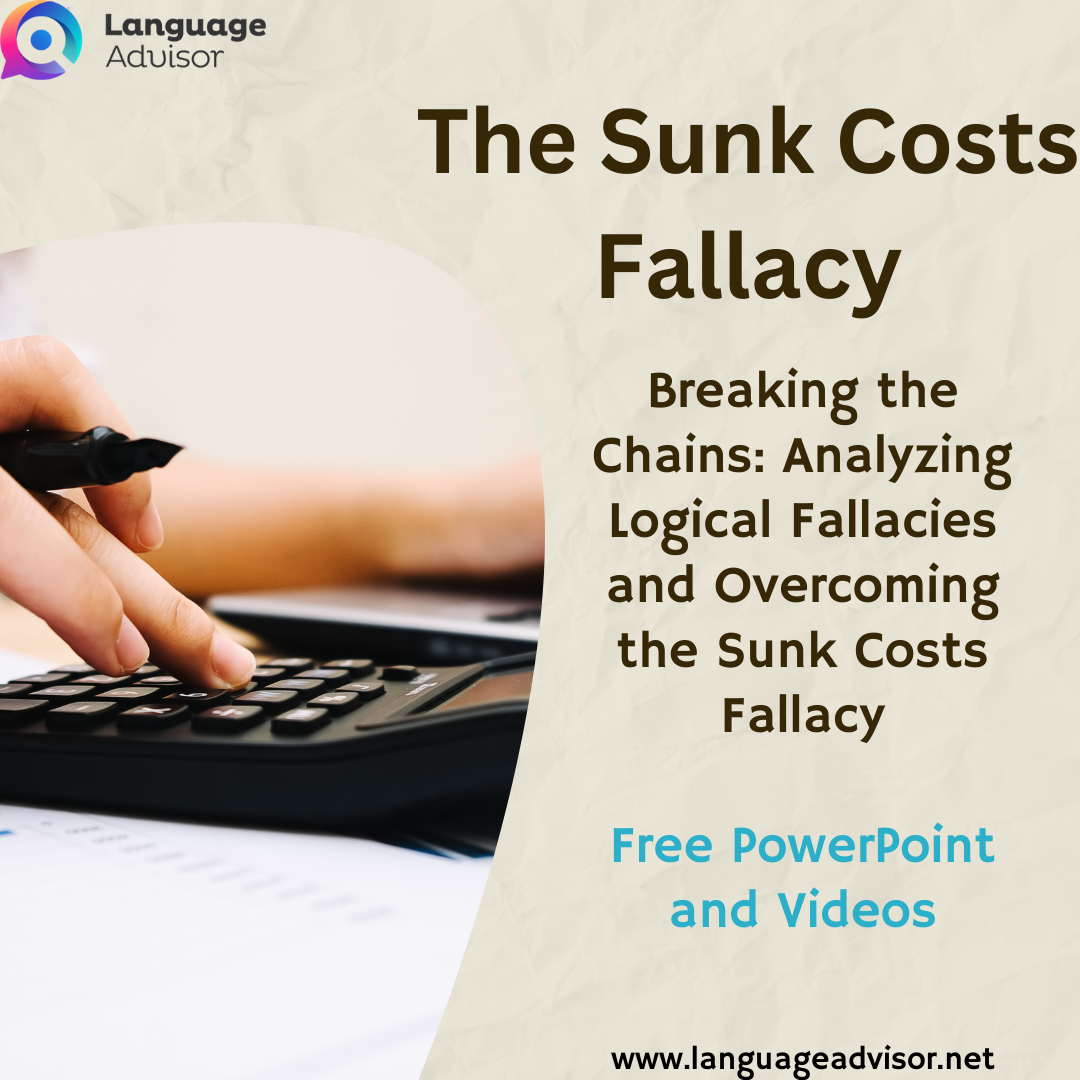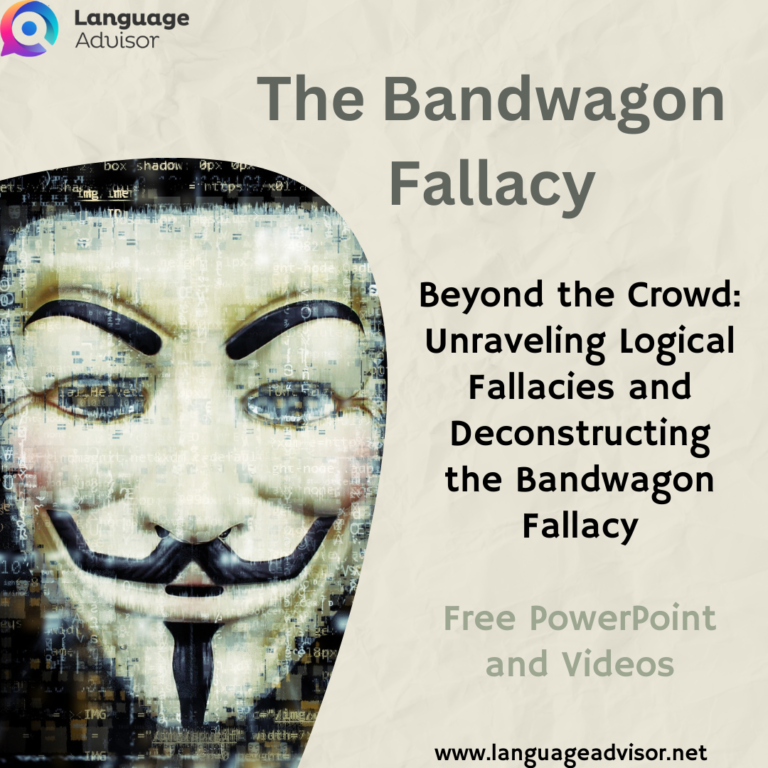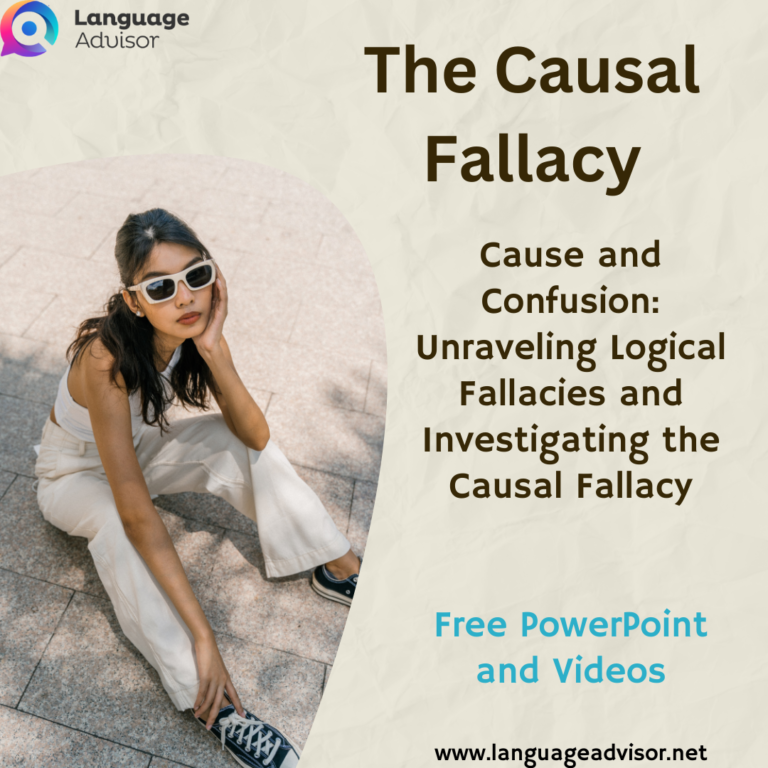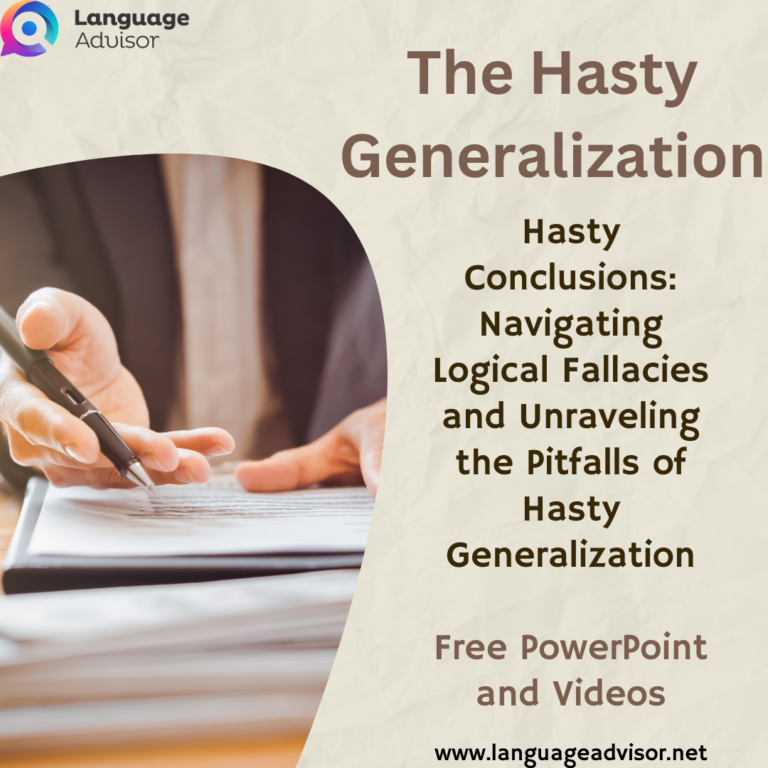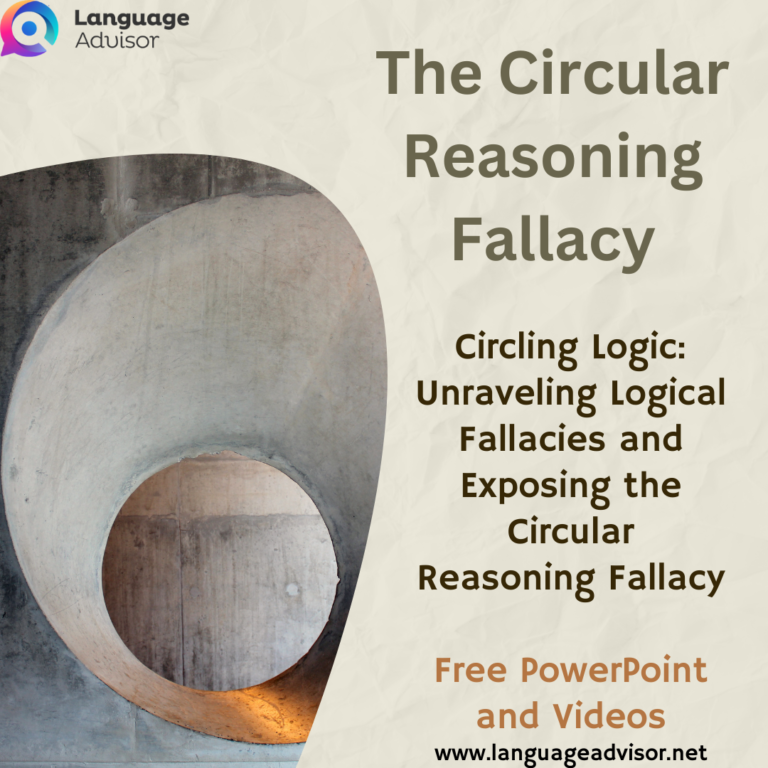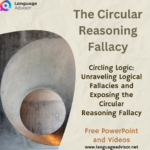Breaking the Chains: Analyzing Logical Fallacies and Overcoming the Sunk Costs Fallacy. Free PowerPoint and Videos
Breaking the Chains: Analyzing Logical Fallacies and Overcoming the Sunk Costs Fallacy

Breaking the Chains: Analyzing Logical Fallacies and Overcoming the Sunk Costs Fallacy
What are logical fallacies?
Logical fallacies are like landmines; easy to overlook until you find them the hard way.
One of the most important components of learning in college is academic discourse, which requires argumentation and debate. Argumentation and debate inevitably lend themselves to flawed reasoning and rhetorical errors. Many of these errors are considered logical fallacies. Logical fallacies are commonplace in the classroom, in formal televised debates, and perhaps most rampantly, on any number of internet forums.
But what is a logical fallacy? And just as important, how can you avoid making logical fallacies yourself? Whether you’re in college, or preparing to go to college; whether you’re on campus or in an online bachelor’s degree program, it pays to know your logical fallacies. This article lays out some of the most common logical fallacies you might encounter, and that you should be aware of in your own discourse and debate.
A logical fallacy is an error in reasoning common enough to warrant a fancy name. Knowing how to spot and identify fallacies is a priceless skill. It can save you time, money, and personal dignity. There are two major categories of logical fallacies, which in turn break down into a wide range of types of fallacies, each with their own unique ways of trying to trick you into agreement.

A Formal Fallacy
A breakdown in how you say something. The ideas are somehow sequenced incorrectly. Their form is wrong, rendering the argument as noise and nonsense.
An Informal Fallacy
Denotes an error in what you are saying, that is, the content of your argument. The ideas might be arranged correctly, but something you said isn’t quite right. The content is wrong or off-kilter.

The Sunk Costs Fallacy

Sometimes we invest ourselves so thoroughly in a project that we’re reluctant to ever abandon it, even when it turns out to be fruitless and futile. It’s natural and usually not a fallacy to want to carry on with something we find important, not least because of all the resources we’ve put into it. However, this kind of thinking becomes a fallacy when we start to think that we should continue with a task or project because of all that we’ve put into it, without considering the future costs we’re likely to incur by doing so. There may be a sense of accomplishment when finishing, and the project might have other values, but it’s not enough to justify the cost invested in it.
We are susceptible to this errant behavior when we crave that sense of completion or a sense of accomplishment “Sunk cost” is an economic term for any past expenses that can no longer be recovered. For example, after watching the first six episodes of Battlestar Galactica, you decide the show isn’t for you. Those six episodes are your “sunk cost.” But, because you’ve already invested roughly six hours of your life in it, you rationalize that you might as well finish it. All apologies to Edward James Olmos, but this isn’t “good economics” so to speak. It’s more cost than benefit.
Psychologically, we are susceptible to this errant behavior when we crave that sense of completion or a sense of accomplishment, or we are too comfortable or too familiar with this unwieldy project. Sometimes, we become too emotionally committed to an “investment,” burning money, wasting time, and mismanaging resources to do it.


Breaking the Chains: Analyzing Logical Fallacies and Overcoming the Sunk Costs Fallacy
DOWNLOAD THE POWER POINT FOR FREE
Logical Fallacies

Also check out these free resources on Critical Thinking and Logical Fallacies


